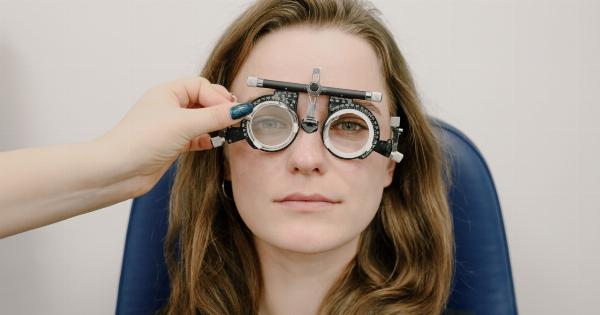Childhood sickness is a natural phenomenon that every parent or guardian goes through with their child. In most cases, common childhood illnesses are treated with home remedies or over-the-counter medicine.
However, there are instances when the sickness may require specialized care that cannot be provided at home or in an outpatient setting. In such cases, a child’s hospitalization becomes necessary. This article explores how a child’s hospitalization is beneficial in a pediatric clinic.
Specialized care
Hospitalization in a pediatric clinic offers the child specialized care that they cannot get elsewhere. Hospitals are equipped with advanced technology and equipment to diagnose and treat complex illnesses that require specialized attention.
This specialized care may include intensive care for critically ill children, surgical procedures, and management of chronic illnesses.
Access to a team of medical professionals
When a child is hospitalized in a pediatric clinic, they have access to a team of medical professionals. The team may include nurses, doctors, surgeons, nutritionists, physical therapists, and social workers.
The team works together to provide comprehensive care for the child, ensuring that all their needs are met. This collaborative approach to care ensures that the child receives the best possible care.
Prevention of complications
Childhood illnesses can sometimes lead to complications that can be life-threatening. Hospitalization in a pediatric clinic can help prevent such complications.
Children who are hospitalized receive round-the-clock monitoring and are closely watched to ensure that there are no complications. This close monitoring ensures that any complications that arise are treated promptly, preventing further harm to the child.
Management of pain
Children who are hospitalized often experience pain as a result of their condition or treatment. Pediatric clinics have pain management programs that are specifically designed for children.
The programs include a combination of pain medication, relaxation techniques, and other therapies that help to manage pain in children. Proper pain management ensures that the child is comfortable and can focus on their recovery.
Psychological support
Hospitalization can be a stressful experience for a child. Pediatric clinics provide psychological support to help children cope with the stress of being hospitalized. The support may include play therapy, music therapy, art therapy, and counseling.
These activities help to reduce anxiety and promote a sense of well-being in children.
Education and training
Childhood illnesses can be overwhelming, and caring for a sick child can be challenging. Pediatric clinics provide education and training to parents and caregivers to help them care for their child.
The training may include how to administer medication, how to monitor the child’s condition, and how to prevent the spread of infection. This education and training can help parents and caregivers feel more confident in caring for their sick child.
Family-centered care
Hospitalization in a pediatric clinic is family-centered care. The clinic recognizes that the family is an integral part of the child’s recovery. The family is involved in the child’s care plan, and their input is valued.
The clinic also provides accommodations for family members to stay close to the child, allowing them to be an active participant in the child’s care.
Follow-up care
When a child is discharged from a pediatric clinic, they receive follow-up care. The care may include appointments with their primary care physician, physical therapy, and rehabilitation.
The follow-up care ensures that the child continues to receive the care they need to recover fully.
Cost-effective
Although hospitalization in a pediatric clinic can be expensive, it is a cost-effective option in the long run. Hospitalization can prevent complications that can result in further hospitalization and associated costs.
The specialized care provided in a pediatric clinic can also lead to a quicker recovery and lower healthcare costs.
Conclusion
Childhood illnesses can be overwhelming, and caring for a sick child can be challenging.
Pediatric clinics offer specialized care that cannot be provided elsewhere, including access to a team of medical professionals, prevention of complications, management of pain, psychological support, education and training, family-centered care, follow-up care, and cost-effectiveness.




























